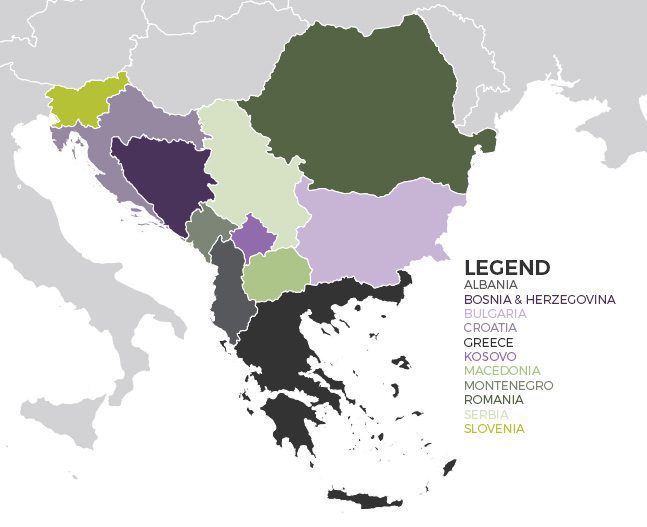Business is done differently today and outsourcing is no longer the pink elephant in the room. Large companies are centralizing activities in Shared Service Centres, while small businesses are more often using the services of outsourcing companies in locations with better labour arbitrage.
Short History of Outsourcing
Initially companies started with relocating production sites to countries with lower labour costs. In the 1970s much of the electronics production was manufactured overseas. Next, call centers across India emerged which answered inquiries from customers regarding the product or services of a global companies HQ most often in the US. This was followed by outsourcing transactional and accounting services, starting with payroll and advancing towards more complicated tasks. Today we have companies that outsource majority of their back office activities, as well customer service management, while their top stuff focuses on the core areas of their business.
With more companies realising the benefits of outsourcing, the market for shared services has become increasingly competitive. Providers of outsourcing services are searching for new ways to differentiate themselves. They are working on constant expansion of the scope of services and improvement of their quality. But competition has not only increased in regards to diversification, but competitors from new locations have emerged bringing the “game” at a whole new level.
The hidden potential of SEE
Today, increased efficiency of business processes, digitalization and improved customer experience prevails over cost reductions as motive for outsourcing. For that reason, companies are more often shifting towards more nearshore locations with cultural and time proximities. It comes as no surprise that the BPO sector in the region of South and Central Europe is growing at faster pace than the Indian market (GoalEurope).
Large corporations have already recognized the potential of these regions by relocating majority of their back office services to Shared Service Centres (SSC) in countries like Poland and Romania. However, the real discovery comes when you go further south where the abundance of skills is as equally high, while costs are much, much less!

The geographic location makes Bulgaria, Macedonia and Serbia nearshore destinations for companies from Western Europe which translates into low traveling and transition costs. Other benefits:
- Rich talent pool
- Low costs for salaries and investments
- Skilled, competitive and dynamic workforce
- Geographical and cultural proximity to the Western business world in terms of business attitude and ethics
- Multilingual operations
- Flexibility of local vendors to adjust to the changing environment, trends and client needs
Most importantly, if the companies from this region want to retain their competitive edge over traditional outsourcing companies must find their niche market. This can be done by specializing in a specific field. Namely, Bulgaria’s IT market has really blossomed with support of the outsourcing industry. Alternative strategy may be focusing on a geographic niche market which provides vendors with better understanding of the region’s regulatory controls and protocols. Furthermore, it increases its audit readiness and better equips teams to define and address challenges.
Coordea, for example, has specialized in providing services to companies from the Scandinavian market with focus on Sweden. While we offer wide range of cost-effective services from accounting to ITO, our Scandinavian focus gives the company country-specific knowledge. Coordea provides the extended office model which differs from the traditional fixed cost outsourcing model when it comes to control, quality and commitment.
I invite you to share your own experience from outsourcing in this region.
If you don’t have any, follow me for more detailed information on outsourcing in these countries.
Next stop: Macedonia
Note: This article was written by a former Coordea employee and reflects information relevant to the time of its publication.